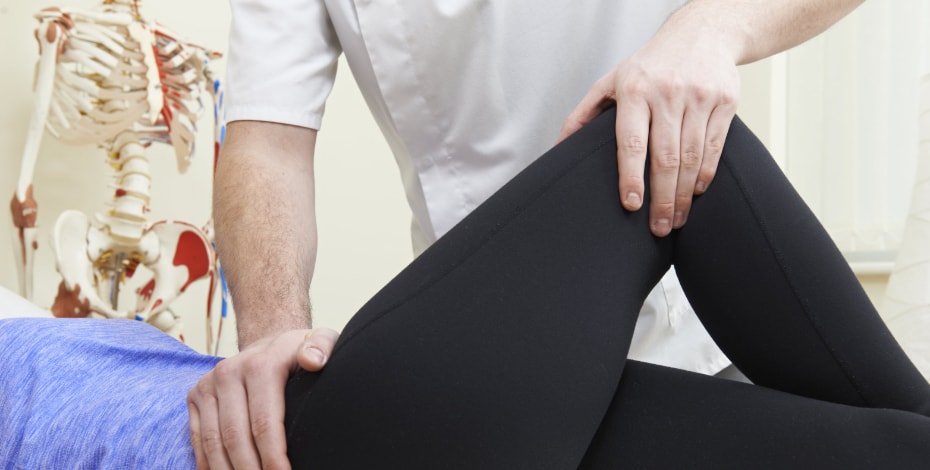
A dynamic approach to a complex area

Jennifer Hynes’ expertise in the management of low back, pelvic girdle and hip pathology will see her presenting the course ‘An integrated and dynamic approach to the pelvic/hip region’.
Who will benefit most from attending the course?
Even as a specialist musculoskeletal physiotherapist, I understand how difficult it can be treating patients with persistent lumbar spine pain. When a patient presents with a complex history of pain that could include contributing factors from the spine, sacroiliac joints or pelvic girdle, it can definitely start to get tricky.
Any physiotherapist working with low back pain, pelvic girdle pain or hip pathologies would benefit from participating in this integrated approach to the assessment and management of this region. This approach would assist general physiotherapists through to sports, musculoskeletal and women’s health physiotherapists working with such patients. Anyone who questions whether there is a pelvic component to presenting lumbar, gluteal, hip, groin, hamstring or pregnancy-related pain is an ideal candidate to benefit from this course.
What are the challenges with treating the pelvic/hip region?
Pelvic girdle pain is often somewhat contentious in the evidence-based literature outside of the pregnancy population; interestingly, pelvic girdle pain in the pregnant population is often treated as a purely pregnancy-related issue outside the realms of musculoskeletal or sports-related conditions. Much of the literature that discusses pelvic girdle pain does so with a focus towards the lumbar spine and rarely integrates the involvement of possible hip dysfunction into this clinical presentation.
This course takes a biopsychosocial approach to this region and investigates what this actually means. We look at the current evidence in the literature and what challenges we face today in the questioning of manual therapy, pain science and education, cognitive and exercise therapy alike.
What are some of the key take aways for attendees?
The key take aways for this course are quite literally that no one approach has all the answers in the complex realm of treating patients with lumbopelvic and hip dysfunction. So in this two-day course we examine the evidence-based literature, combine years of clinical expertise in diagnosis, management, exercise rehabilitation and beyond to help you be more confident tackling these patients the very next day.
Diagnoses will be challenged and whether there needs to be further imaging, investigations or possibly interventions will be addressed. The best possible approach to pain education and exercise rehabilitation is also explored. From new graduates to physiotherapists with years of experience who want to expand their knowledge base, this course covers it all.
An integrated and dynamic approach to the pelvic/hip region
VIC 1–2 June
QLD 27–28 July
WA 25–26 August
ACT 26–27 October
Jennifer Hynes, FACP, is a passionate specialist clinician and educator who has presented at postgraduate and university level for many years. She integrates postgraduate training in osteopathy, musculoskeletal physiotherapy, pain science and exercise rehabilitation into this integrated approach to the pelvic/hip region.
© Copyright 2025 by Australian Physiotherapy Association. All rights reserved.





